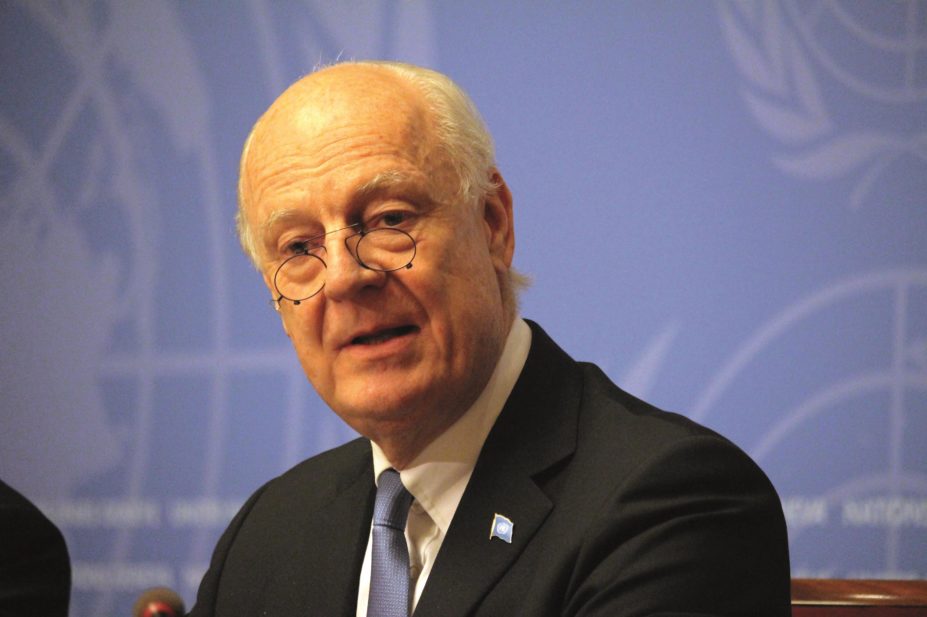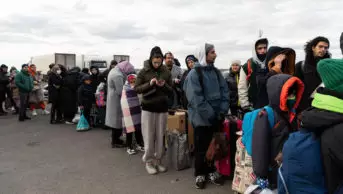
John Zarocostas
The Syrian government continues to exclude life-saving drugs from international humanitarian aid convoys destined for opposition held areas and is ignoring calls by United Nations (UN) officials for unimpeded access.
Items excluded or removed from convoys have gone beyond trauma and surgical items, and have included life-saving and life-sustaining medicines, according to the World Health Organization (WHO) and other UN relief agencies.
UN officials estimate that between January 2016 and March 2016 exclusions resulted in 80,000 people being denied life-saving medical treatments.
Tarik Jasarevic, a spokesperson for the WHO, said that a number of health items were removed from a convoy to Kafr Batna in Eastern Ghouta on 16 April 2016. “The items included 1 burn kit, 1,000 diazepam, 5,000 paracetamol tablets, 5,000 bottles of multivitamins and 5,000 tubes of sodium fusidate ointment. From a total list of 57 medical items 7 were removed.” Atropine, haloperidol, phenobarbitone and sodium valproate were removed from another convoy, destined for Afrin in Aleppo, he added.
Steffan de Mistura, the UN Special Envoy for Syria, who is chairing peace talks between the sides in the five-year civil war, has raised concerns over medical supplies with Syrian authorities. “They assured me that they were going to henceforth allow all medical items, except the following: surgical items, atropine and anxiety pills.”
The WHO estimates that 1 in 30 Syrians is suffering from a severe mental health condition, such as severe depression, psychosis or a disabling form of anxiety, and that at least 1 in 5 Syrians is suffering from a mild to moderate mental health condition or anxiety disorder.


